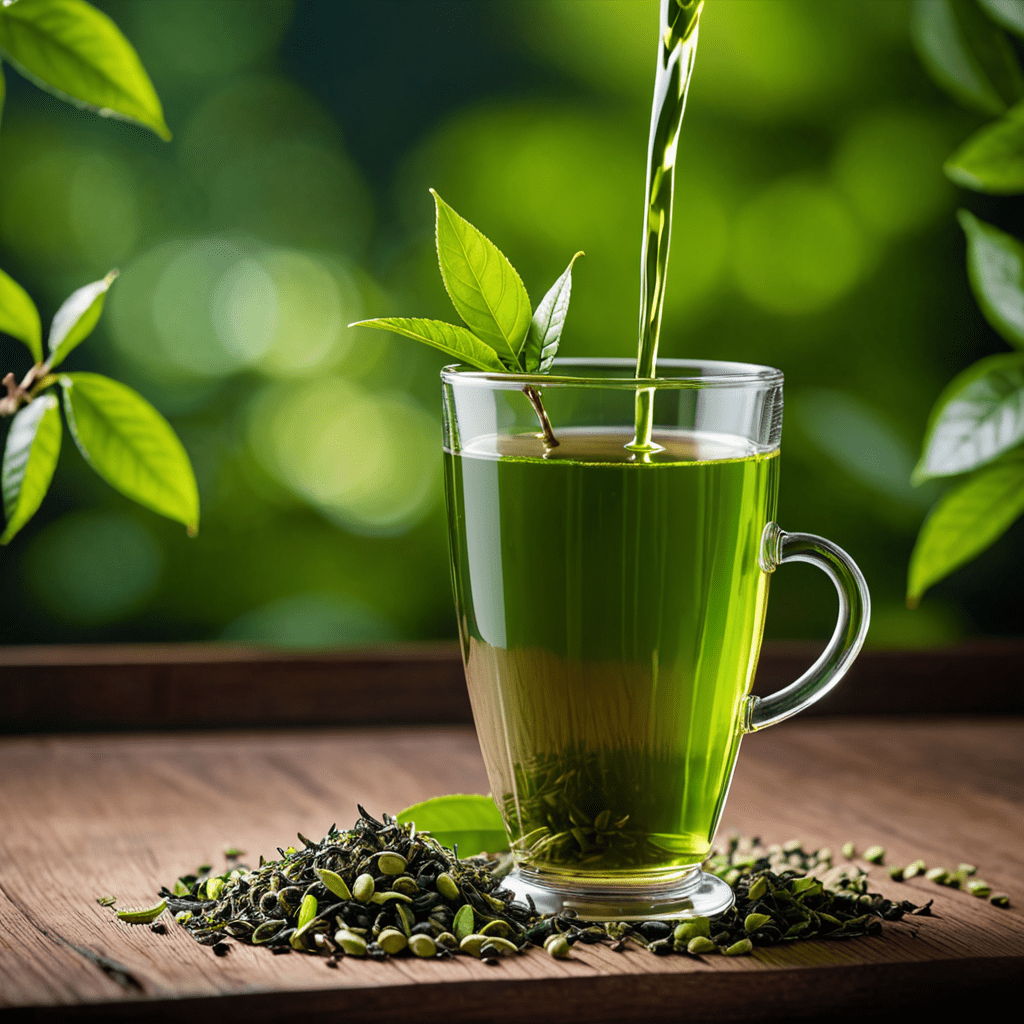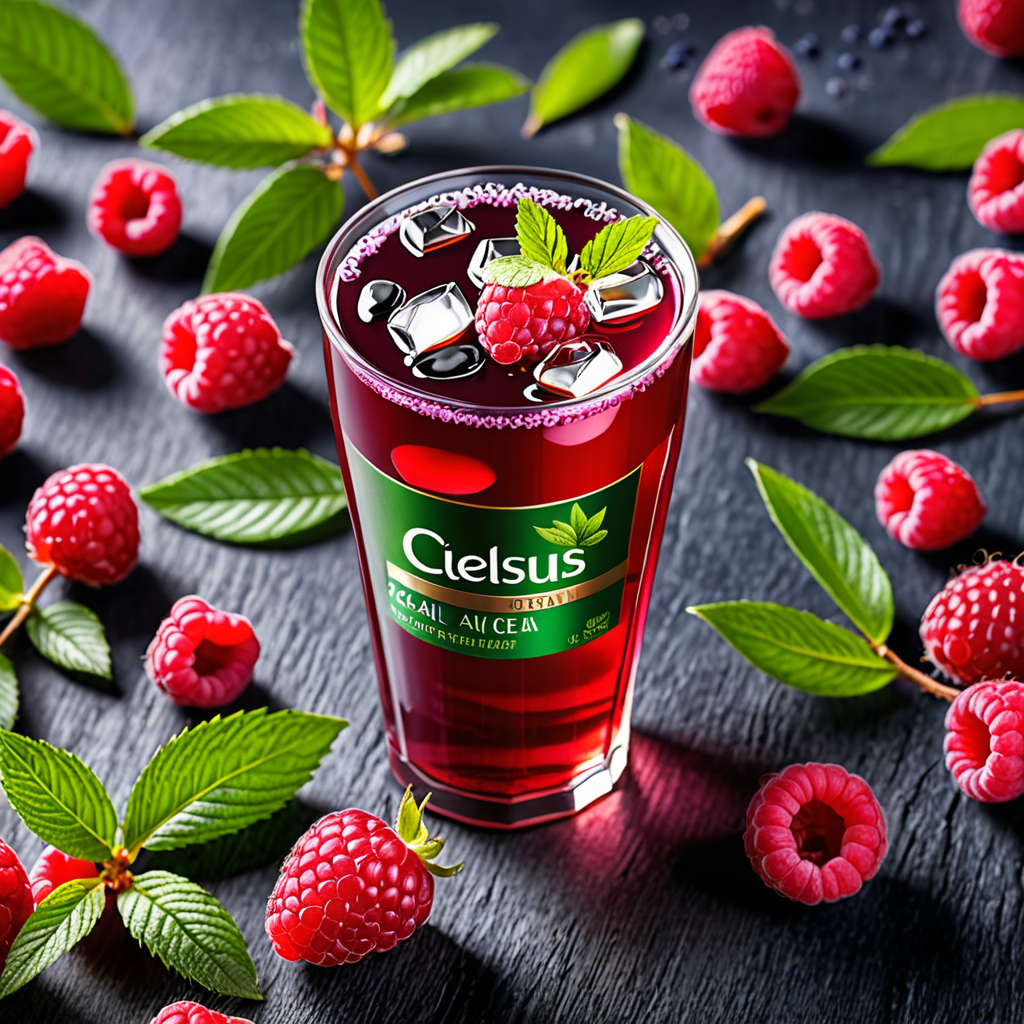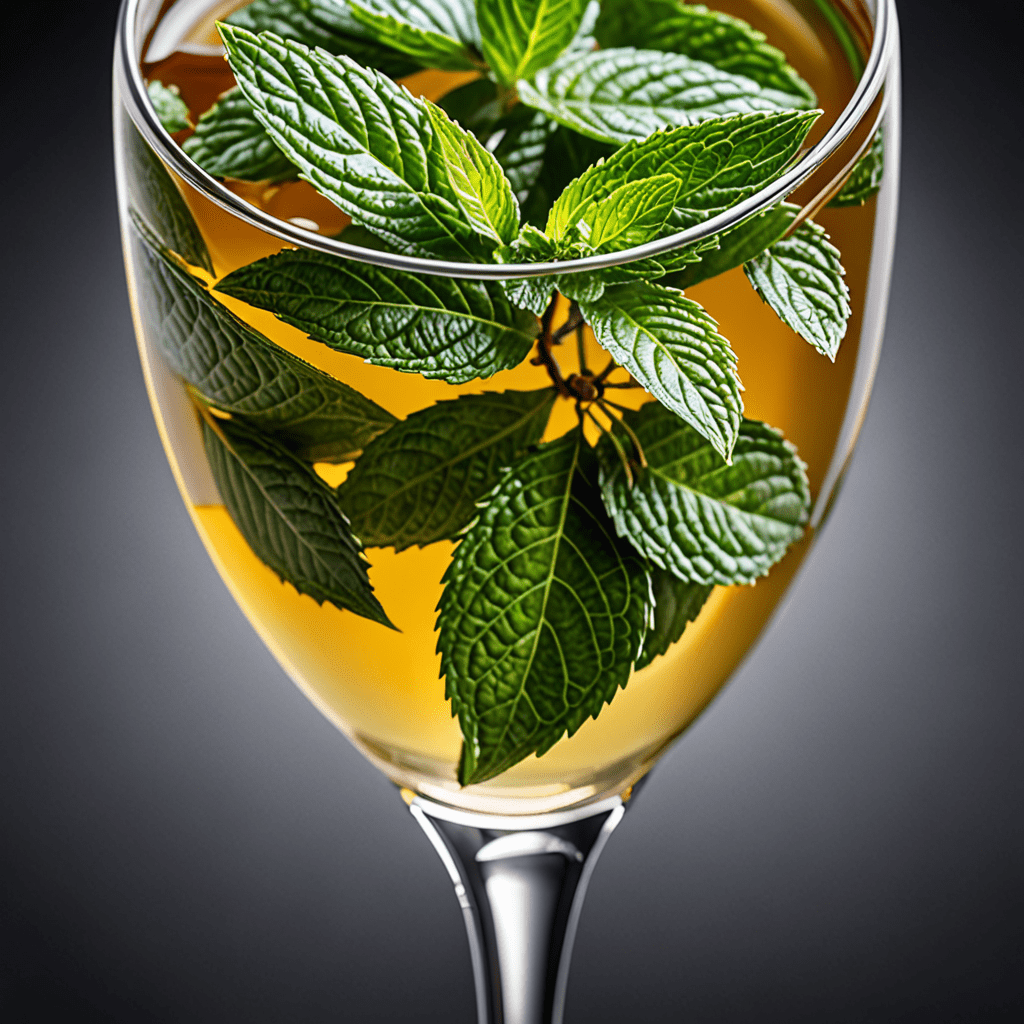Mastering the Art of Taming Bitterness in Green Tea
Understanding the Bitterness in Green Tea
Green tea is known for its health benefits, but its bitter taste can sometimes be off-putting. Understanding the factors that contribute to its bitterness can help you in making it less bitter.
1. Choosing the Right Green Tea
The type of green tea you choose can greatly affect its bitterness. Some green teas, such as sencha and gyokuro, tend to be more bitter than others. Consider trying different types and varieties to find one that suits your taste preferences.
2. Adjusting Water Temperature
The temperature at which you steep your green tea can impact its bitterness. Using water that is too hot can cause the tea to release more bitter compounds. Experiment with different water temperatures, typically between 160°F (71°C) to 180°F (82°C), to find the ideal temperature for your green tea.
3. Steeping Time Matters
The length of time you steep your green tea can also influence its bitterness. Steeping for too long can extract more bitter compounds from the tea leaves. Start with shorter steeping times, around 1 to 2 minutes, and adjust according to your taste preferences.
4. Water Quality and Green Tea
The quality of the water you use for brewing can impact the taste of your green tea. Tap water may contain minerals and impurities that can contribute to bitterness. Consider using filtered or spring water to improve the overall taste of your tea.
5. Don’t Overdo the Tea Leaves
Using too many tea leaves can increase the bitterness of your green tea. It’s essential to follow the recommended tea-to-water ratio specified for the type of green tea you are brewing. This will help achieve a balanced flavor profile without overpowering bitterness.
6. Adding Sweetness or Citrus
If you find your green tea to be too bitter, you can try adding a natural sweetener like honey or a squeeze of citrus juice. These additions can help counterbalance the bitterness and enhance the overall flavor of your tea.
Frequently Asked Questions (FAQ)
Q: Can I use boiling water to brew green tea?
A: It is generally recommended to avoid using boiling water for brewing green tea as it can make it more bitter. Stick to water temperatures between 160°F (71°C) to 180°F (82°C) for optimal results.
Q: How can I reduce the bitterness without adding sweeteners?
A: Aside from adjusting water temperature and steeping time, you can also try using the “flash steeping” method. Pour hot water over the tea leaves and immediately discard the water. Then, brew your green tea using the recommended water temperature and steeping time.
Q: Does green tea become less bitter with age?
A: No, aging green tea doesn’t necessarily make it less bitter. However, some green teas may mellow out and develop more complex flavors over time, which can help balance out the bitterness.


